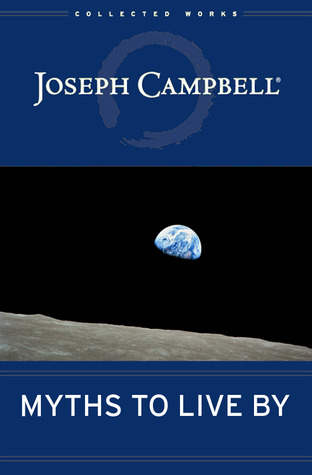More on this book
Community
Kindle Notes & Highlights
Might is above right; right proceeds from might; right has its support in might, as living beings in the soil. As smoke the wind, so right must follow might. Right in itself has no authority; it leans on might as the creeper on the tree.
The LSD phenomenon, on the other hand, is—to me at least—more interesting. It is an intentionally achieved schizophrenia, with the expectation of a spontaneous remission—which, however, does not always follow. Yoga, too, is an intentional schizophrenia: one breaks away from the world, plunging inward, and the ranges of vision experienced are in fact the same as those of a psychosis.
When people talk of going back to nature, do they really know what they are asking for?
And so, it seems to me, there is a critical problem indicated here, which parents and families have to face squarely: that, namely, of insuring that the signals which they are imprinting on their young are such as will attune them to, and not alienate them from, the world in which they are going to have to live; unless, of course, one is dead set on bequeathing to one’s heirs one’s own paranoia.
Or if it had been a household in which the father had been nobody, a nothing, of no force in the home at all; where there had been no sense of paternal authority, no one of masculine presence who could be honored and respected, but only a clutter of domestic details and disordered feminine concerns, the quest will have been for a decent father image, and that is what will have to be found:
And here, I think we can say, is our clue to the method of the adventure, if one is ever to return home. It is this: not to identify one’s self with any of the figures or powers experienced. The Indian yogi, striving for release, identifies himself with the Light and never returns. But no one with a will to the service of others and of life would permit himself such an escape. The ultimate aim of the quest, if one is to return, must be neither release nor ecstasy for oneself, but the wisdom and power to serve others.
When a growing girl becomes aware of the pleasing effect that her blossoming womanhood is beginning to have upon others and takes the credit for this to her own ego, she has already gone a little crazy. She has misplaced her identification. What is causing all the excitement is not her own astonished little ego, but the wonderful new body that is growing up all around it.
There is a Japanese saying I recall once having heard, of the five stages of man’s growth. “At ten, an animal; at twenty, a lunatic; at thirty, a failure; at forty, a fraud; at fifty, a criminal.” And at sixty, I would add (since by that time one will have gone through all this), one begins advising one’s friends; and at seventy (realizing that everything said has been misunderstood) one keeps quiet and is taken for a sage. “At eighty,” then said Confucius, “I knew my ground and stood firm.”
The Book of the Twenty-four Philosophers.19


